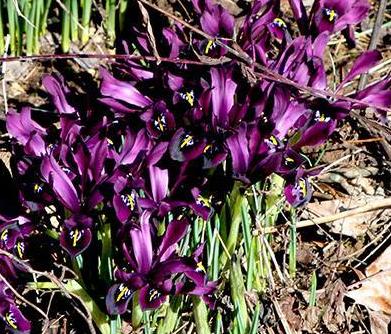My book group chose to read Michael Pollan’s latest: How To Change Your Mind. The subtitle says a lot: What the New Science of Psychedelics Teaches Us About Consciousness, Dying, Addiction, Depression, and Transcendence. That’s a bundle of complicated concepts Pollan takes on, but he recognizes his task looms large and that he can only make forays into the many overlapping arenas the book explores.
His approach–he uses this in his other books and articles, too–is a mix of serious research and journalism (interviews, mostly) and personal inquiry and experiences. If you have read Second Nature or The Omnivore’s Dilemma, you might find this one to be a more “difficult book.” It is heavily documented and features neuroscience (brain pathways and structure, mostly), psychology, pharmacology, and chemistry (tryptamine-related molecules). Not to mention mushroom biology and mushroom hunting, and serum produced by plants, toads, and ergot.
What attracted my book group members to this text is its chapters on dying; as a hospice volunteer myself, and having read articles on the potential value of psychedelics among people with terminal illnesses, this part certainly interested me.
Pollan writes: “The uncanny authority of the psychedelic experience might help explain why so many cancer patients in the trials reported that their fear of death had lifted or at least abated: they had stared directly at death and come to know something about it, in a kind of dress rehearsal.”
These outcomes seem significant enough that we ought to find ways to employ them in our palliative care work. In my own, somewhat limited, experience with dying people, those who are less fearful of death–for whatever reason that may be–stay alert longer, respond better to palliative efforts (pain medicine, massage, positioning, and so on), and are more likely to comfort their loved ones. They die more “easily,” if dying can ever be called “easy.”
~
Yet I found the parts of Pollan’s book which deal with the huge question of what consciousness is and where it resides most relevant to my own interests. Yes–that difficult neurobiology stuff. Pollan suggests, with the healthy pragmatism of the skeptic, that empirical approaches to consciousness based on the idea that “the brain is meat” (viz, medical science) are unlikely ever to explain consciousness fully or to anyone’s satisfaction. In other words, consciousness may possess a component one might name “spiritual.” Here is how he frames this concept:
“…it seems to me very likely that losing or shrinking the self would make anyone feel more ‘spiritual,’ however you choose to define the word, and that this is apt to make one feel better. The usual antonym for the word ‘spiritual’ is ‘material.’ That … is what I believed when I began this inquiry—that the whole issue with spirituality turned on a question of metaphysics. Now I’m inclined to think a much better and certainly more useful antonym for spiritual might be ‘egotistical.’ Self and Spirit define the opposite ends of a spectrum, but that spectrum needn’t reach clear to the heavens to have meaning for us. It can stay right here on earth. When the ego dissolves, so does a bounded conception not only of our self but of our self-interest. What emerges in its place is invariably a broader, more openhearted and altruistic—that is, more spiritual—idea of what matters in life. One in which a new sense of connection, or love…seems to figure prominently.”
~~
When I was much younger, I considered myself “spiritual.” I stopped using the term once I began a more serious exploration of my life and began to study philosophy, psychology, aesthetics, phenomenology, and consciousness more intentionally. But the crucial components–connection, relation to and with others (sentient and not), and love–those I have always understood as necessary. Even though my ego has never “dissolved” quite the way Pollan describes.
So maybe I can go back to considering myself somewhat spiritual. At this moment in life, Nature and Others matter more than accomplishments and outcomes.
Welcome Spring, welcome Spirit. Namaste, Amen.

iris reticulata

[…] Ann E. Michael, Book review, mind review […]
LikeLike